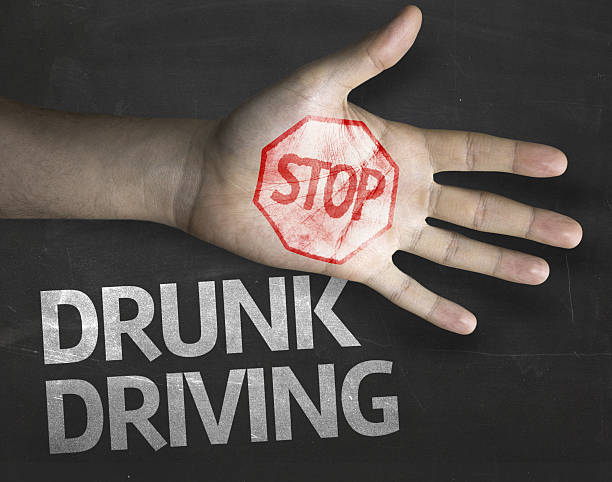In the United Kingdom, driving under the influence of drugs and alcohol has been a long-standing problem. Over the years, the government has taken steps to limit the number of road accidents caused by impaired drivers. Despite this, driving under the influence (DUI) remains a serious issue and is responsible for an alarming number of deaths and serious injuries each year. In this article, we will look at the legal implications of DUI in the UK and how road safety officials are addressing this dangerous behavior.
Within the United Kingdom, the penalties for driving under the influence are severe. If an individual is caught driving with a blood alcohol content (BAC) of 80mg or higher per 100ml of blood, then they can face up to six months imprisonment and a fine of up to £5,000. In addition, driving under the influence offenders can have their license revoked for a minimum of twelve months. The legal limit is reduced for commercial drivers and novice drivers, meaning that a lower BAC could lead to prosecution. Other factors, such as causing an accident or having a passenger under the age of 16 in the car, could lead to more serious charges, with potential prison sentences of up to ten years.
In addition to the criminal penalties, there are other legal considerations that must be taken into account. For instance, a driving under the influence conviction can be used to demonstrate recklessness and risk-taking behavior in court. This could lead to an individual being charged with more serious offenses like manslaughter, especially in cases where the driver has caused the death of another.
From an enforcement perspective, police officers in the United Kingdom have the authority to stop and question any driver that they suspect of driving while intoxicated. This includes a field sobriety test that can determine if the driver has had too much to drink. Police officers also have the right to request a breath alyser test, which can provide an accurate reading of the individual’s BAC level. Police officers are legally obligated to notify the DVLA if they charge someone for DUI. The DVLA will then suspend the license or revoke it as appropriate.
Further to the legal aspect, there are also various initiatives that have been put in place to reduce the amount of driving while under the influence in the United Kingdom. Programs such as the “designated driver” system, where one person abstains from drinking alcohol to drive, have been implemented in certain areas. Additionally, campaigns such as the “Don’t Drink and Drive” initiative have raised awareness about the dangers of DUI, particularly amongst the younger sections of the population.
In recent years, the government has also taken steps to tackle the issue of driving under the influence more proactively. For instance, multiple had cameras have been installed at random locations across the country to monitor drivers and identify any that may be under the influence. These cameras, in combination with stricter police enforcement, have proved to be an effective way of reducing the number of incidences of DUI.
Despite the various steps that have been taken to reduce DUI in the United Kingdom, this risky behavior is still unfortunately common on the nation’s roads. It poses a grave threat to drivers, passengers, and pedestrians which is why it must be tackled proactively and strongly. As such, offenders must be aware that there are serious consequences to driving under the influence and that they can expect severe penalties if they are caught in the act.
